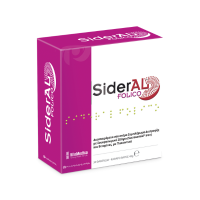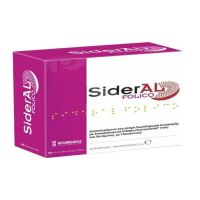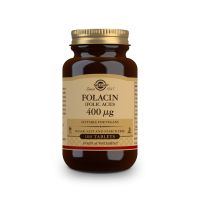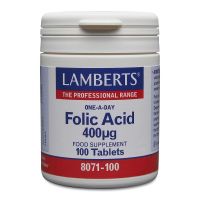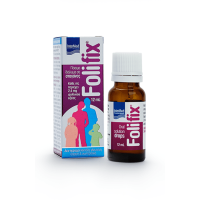-
Free shipping
with purchases
over €39 - 100% Refund withing 14 days
- Free Mini products
-
2310 44 44 22
Telephone service
and orders
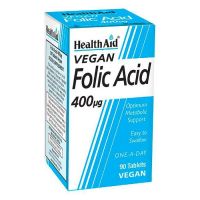
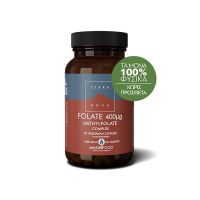


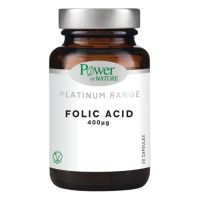


Information - Folic Acid
What is folic acid?
Folic acid, or vitamin B9, is one of the well-known and well-studied vitamins of the B complex. It is a water-soluble vitamin of the B complex. It is found in foods in its natural form (called folate or folacin) as well as in dietary supplements in its synthetic, stable form (called folic acid).
It is considered an anti-anemia agent and not unjustly, as its deficiency leads to megaloblastic anemia.
Health benefits
Folic acid has many properties and benefits for the body, as it contributes to:
- the normal synthesis of amino acids *
- the normal hematopoiesis *
- the normal metabolism of homocysteine *
- the normal psychological function *
- the normal functioning of the immune system *
- fatigue and tiredness reduction*
- the process of cell division and specialization. *
* The above information on: Folic acid are official health claims from the European Food Safety Authority (EFSA), EU Regulation No. 432/2012, No. EFSA Journal 2009; 7 (9): 1213 [Folic acid], 2010; 8 (10): 1760 [Folic acid], 2009; 7 (9): 1213, 2010; 8 (10): 1760 [Folic acid]
Which foods are rich in folic acid?
Foods rich in folic acid are fortified breakfast cereals, whole grains, liver, Brussels sprouts, potatoes, spinach, chickpeas, brewer's yeast and red beans.
Folic acid deficiency
Its deficiency causes anemia, weakness, exhaustion, irritability, anorexia, diarrhea, weight loss, headache and glossitis.
Conditions that lead to vitamin deficiency are:
- reduced food intake,
- increased needs during pregnancy and lactation,
- alcoholism and diseases such as celiac disease.
Low levels of folic acid in pregnant women are a risk factor for the development of neural tube defects in the fetus.
Recommended Daily Intake (RDA)
The recommended daily intake for adults is 400 mcg. It is recommended to take B-complex vitamins at the same time for maximum absorption.
Side effects, precautions and interactions
The administration of folate to correct anemia should be done under medical supervision. Folic acid should not be taken concomitantly with antiepileptic therapy. Estrogen, hypolipidemic treatment, arthritis treatment, antibiotics and zinc reduce its levels in the body. In case of overdose, sleep disorders, nausea, loss of appetite and mild gastrointestinal disorders may occur.
It is necessary to take it during pregnancy and it is safe to take it while breastfeeding.
Disclaimer
Vita4you informs you that dietary supplements are not a substitute for a balanced diet, healthy lifestyle or medical advice / opinion, are not medicines and are not intended to prevent, treat or cure any human disease.
Vita4you makes every effort to ensure the accuracy and scientific validity of the information provided on the Website. In case you find any discrepancies or have any questions about the content please contact us.
